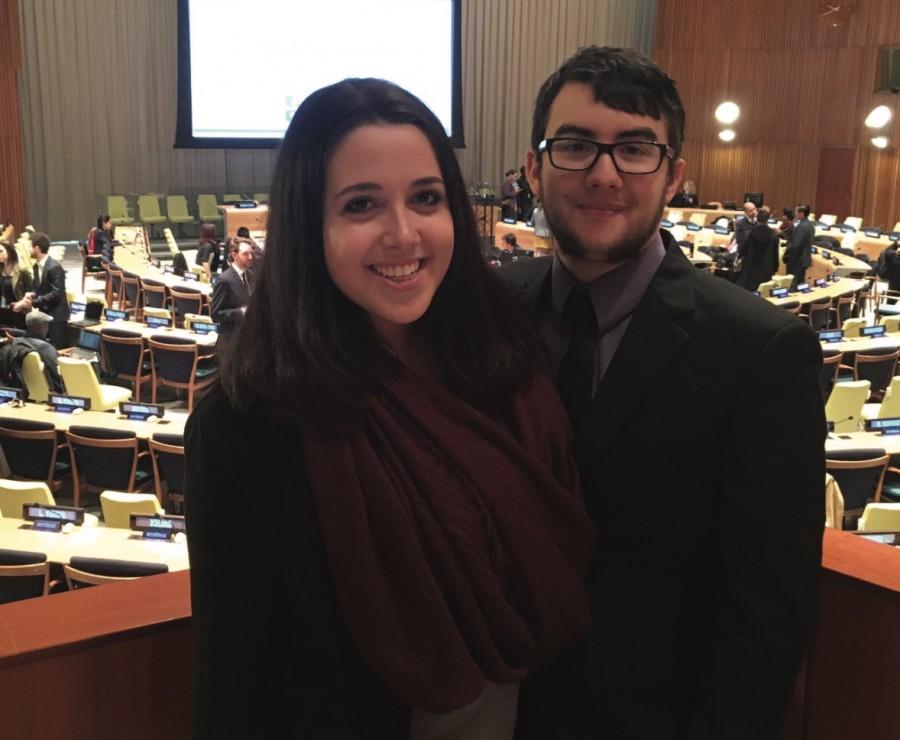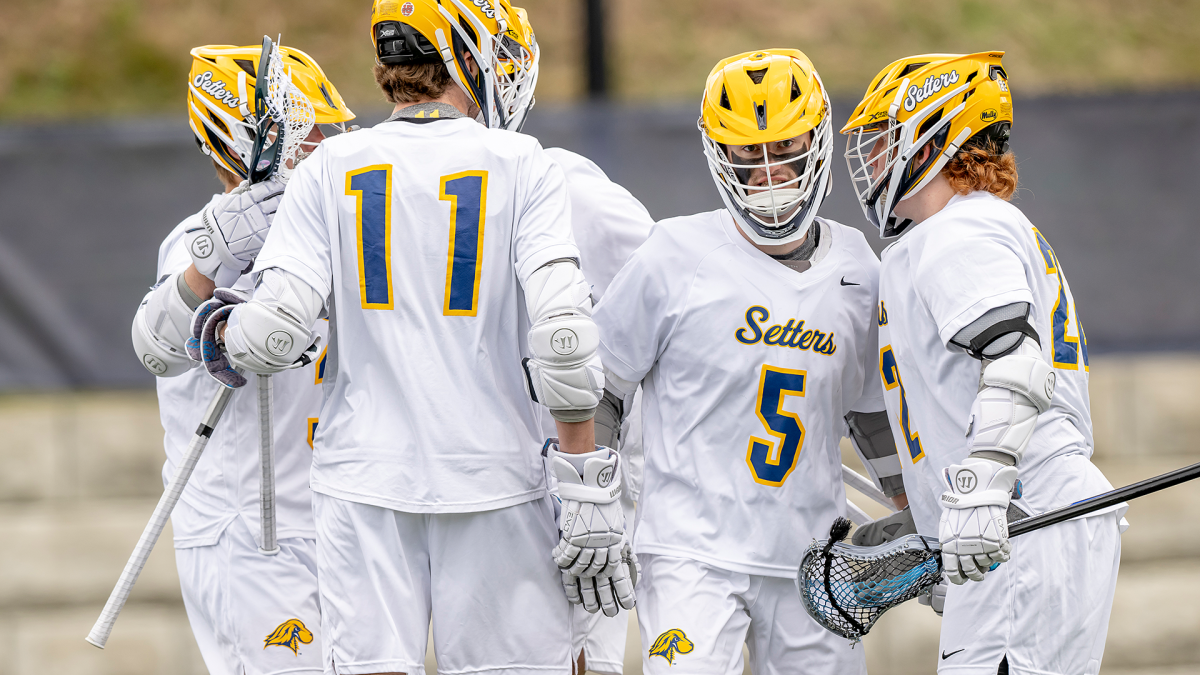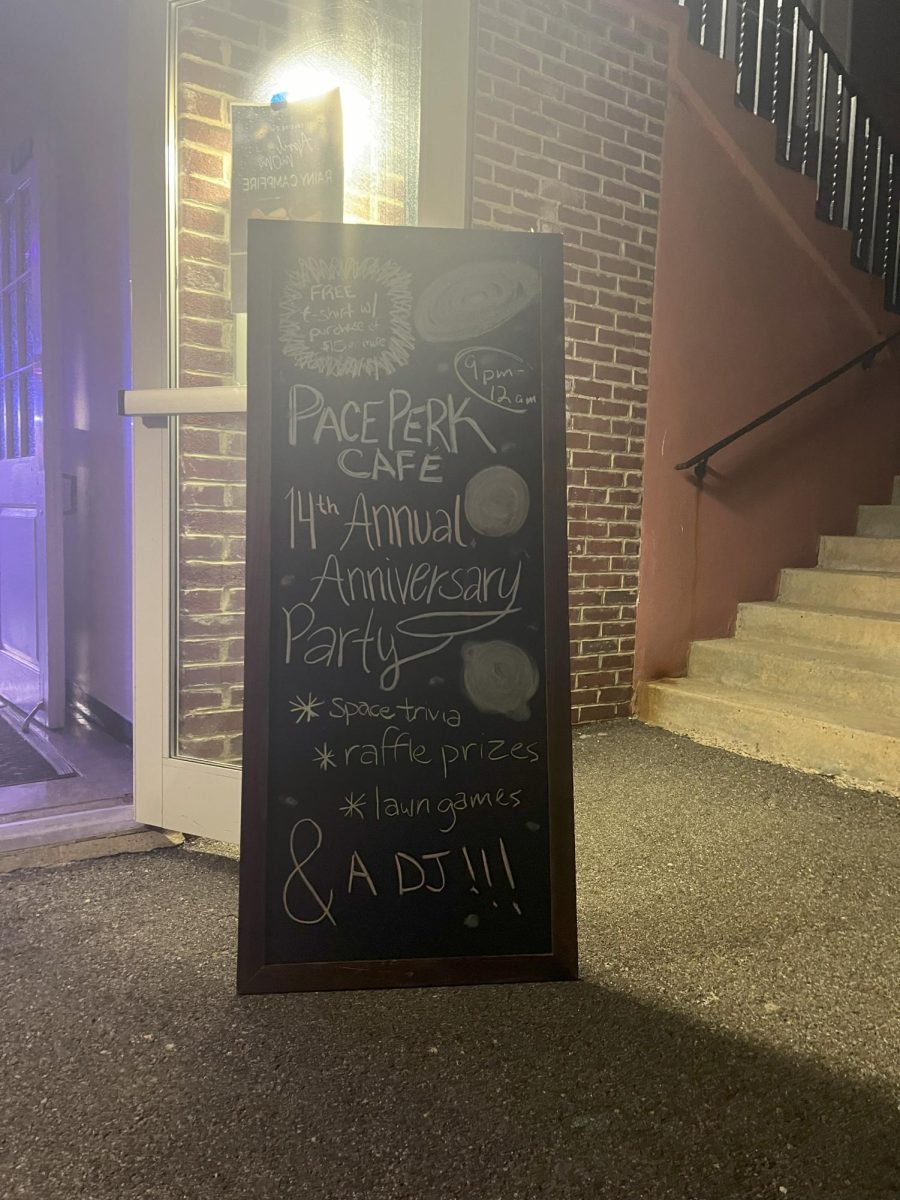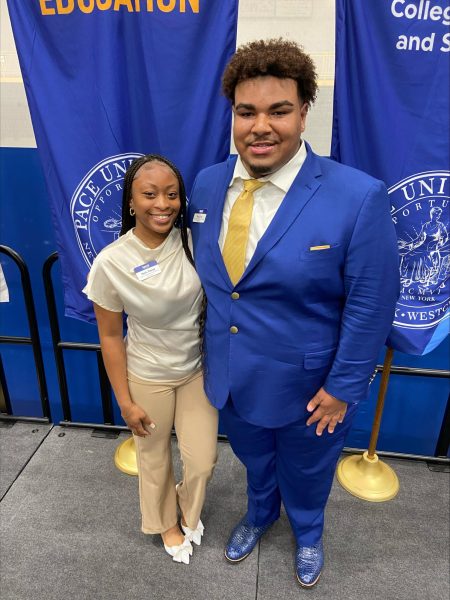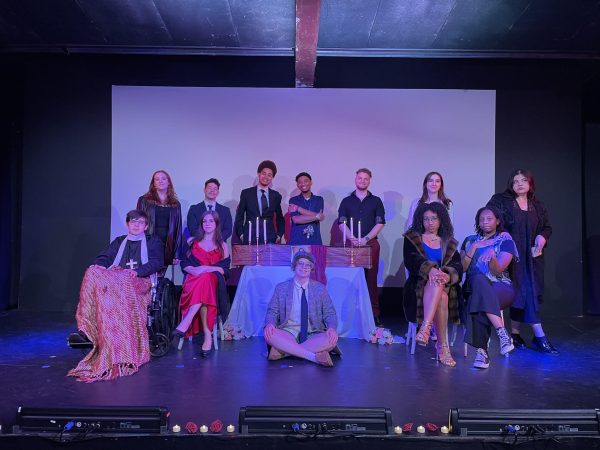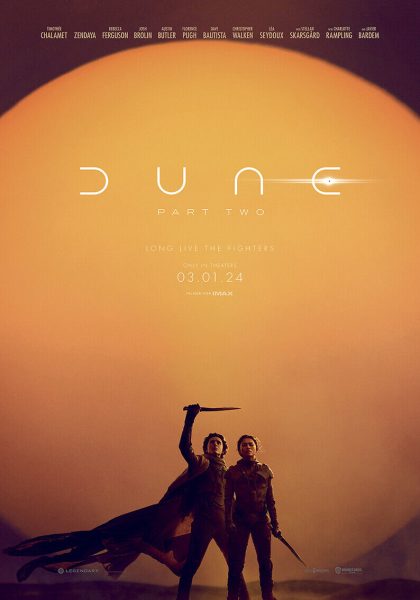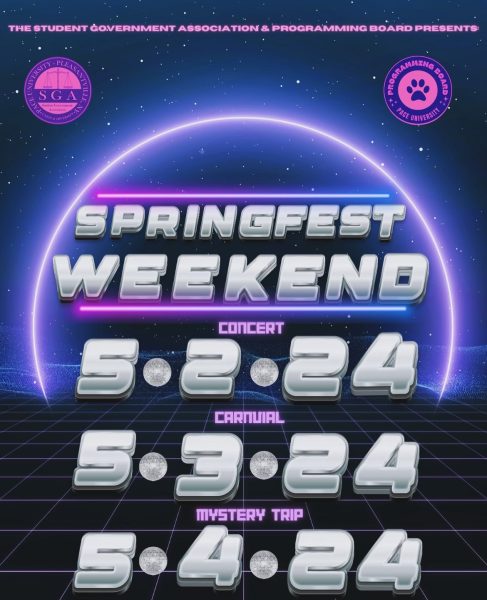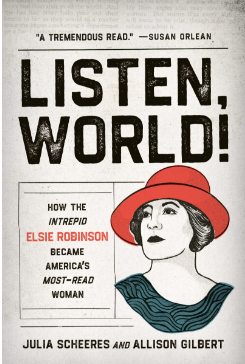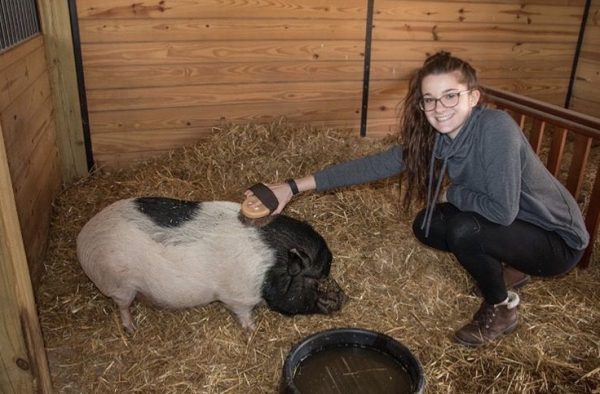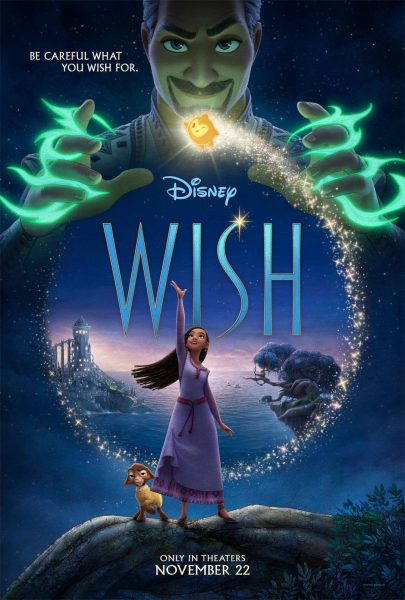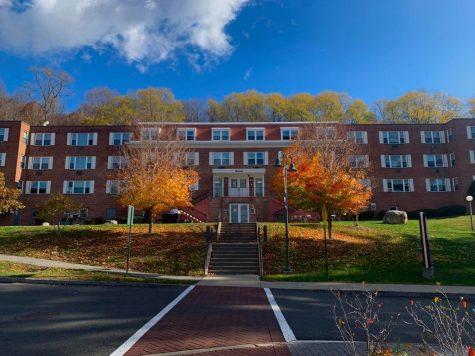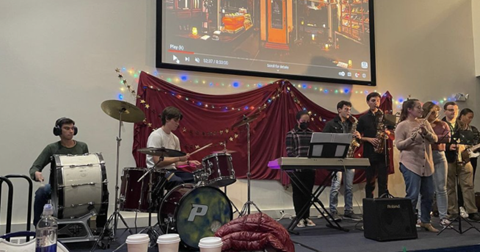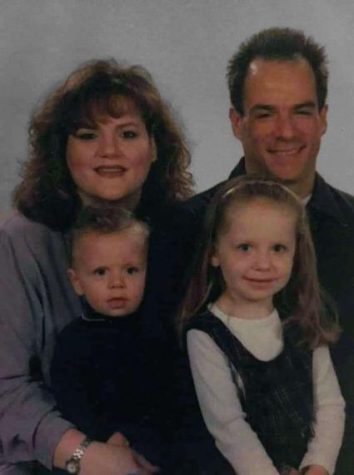Students Visit United Nations EcoSoc Youth Forum
Model UN students Jonathan Vargas and Amber Morgan attend the youth summit at the United Nations. Photo provided by Jonathan Vargas.
February 25, 2016
Political Science Professor Paul Londrigan took a group of students to the EcoSoc Youth Forum at the United Nations (UN) from February 1 to 2 to interact with delegates from various countries and non-governmental organizations (NGOs) who are working towards incorporating young people into the 2030 Agenda for Sustainable Development.
Deputy Secretary-General Jan Eliasson and Director General of International Labor Organization Guy Ryder spoke to students, various world diplomats and NGOs about making youth more involved in government decisions, because often the youth are the most affected.
“[The members of the forum] discussed why youths were so important to the ongoing crisis in the international community, and how they thought that youth could actually add solutions to these problems, so they had youth and adult ministers from various countries talk,” alumni Brian Cunning said.
The topics addressed in the 2030 Agenda were youth employment and entrepreneurship, climate change, poverty, inequalities and youth empowerment, health, peaceful and inclusive societies, and gender equality and the employment of women.
Students interacted with delegates and NGOs during two-hour breakout sessions at various points during the forum.
“It was informative. The committee I went to was for the UN Economic Commission for Latin America and the Caribbean. I got to participate, and I got to speak Spanish, which was really cool,” junior Maricielo Gomez said. “The breakout sessions were the best part of my experience because I got the feel of how people debate, and their stances on certain issues.”
Cunning, who hopes to someday work at the UN, compared his experience at the forum to the Model UN class, where he would make a working paper with other delegates to solve an issue.
“At a point [the forum] felt such like Model UN I felt like saying ‘Guys let’s sit down and work on the working paper,’ but then I came to the realization that these were actual [delegates], they know their stuff, this is their job, this is the real deal, this is what I hope to be in the future,” Cunning said.
Senior Jonathan Vargas felt like the best thing he got out of the trip was getting to see how UN processes work, and that its members are working to get the youth more involved in their respected governments.
“I wish that more people had access to this information and had these opportunities, because I think if that was the case there would be a lot more understanding in the world,” Vargas said.
Some students felt like the delegates talked for too long, and the forum should have allowed the students to interact more. Despite this, Cunning feels that the forum did a good job of incorporating youth, if they were engaged during the breakout sessions.
“If you took the opportunity and spoke up in your breakout sessions [you would have gotten more involved]. I saw as a girl in our breakout session spoke on equal terms with a lot of the delegates and people from NGOs, and she got an opportunity to represent or report in the council once the breakout session ended. From witnessing her experience, I think they did incorporate a lot of youth. I think they could improve on it [in the future], but I think that they did the best they could have possibly done at the time,” Cunning said.

